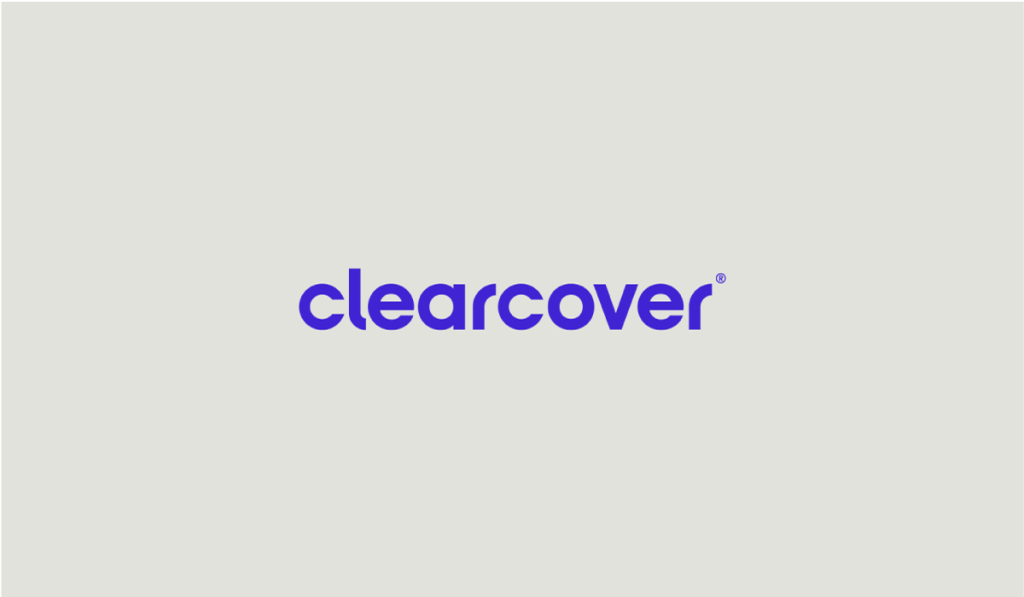Layoffs at Clearcover
Last week, car insurance startup Clearcover made cuts that impacted 15% of the workforce, which prior to these layoffs stood at around 540 employees.
Clearcover’s latest funding announcement took place on April 13, 2021, when the startup disclosed a $200 million Series D round that gave it a unicorn status. However, this wasn’t Clearcover’s last capital injection – the startup closed a Series E round last November while asking employees to not share the news until it goes out with an official announcement. So far, this announcement hasn’t been made but according to publicly available funding data, Clearcover received $153 in million funding in what appears to be a down round while offering a favorable liquidation preference to investors.
The round includes provisions for additional funding in January 2024 and January 2025, and according to a 2022 annual filing, the closing of this fundraising ensures Clearcover has enough capital to support its insurance carrier, Clearcover Insurance Company, at least for the next 12 months.
Last month, we reported that Clearcover Insurance Company ended 2022 with a $38.7 million net loss. The insurance carrier has an agreement in place with Clearcover Insurance Agency, compensating it at a rate of 10% of collected premiums. The carrier also has an agreement with Clearcover where the parent company provides management, accounting, actuarial, claims, compliance, legal and other services for its operations. For 2022, Clearcover Insurance Company reported nearly $27 million in costs associated with loss adjustment expenses and other underwriting expenses, however this figure is far from covering Clearcover’s salaries.
Based on our analysis, Clearcover’s annual salary per employee is ~$125k, excluding bonuses (the startup recently told employees that part of their bonus will need to be stock), implying that prior to these layoffs, Clearcover had salary commitments of over $65 million a year. In addition, the startup has been mainly distributing its product through independent agents, which mostly negates the 10% commission its agency receives.
From an insurance perspective, lately Clearcover has been putting more focus on underwriting as it looks to restructure its book. We’re told that the startup had ‘loose underwriting’ for years with one example being that it wasn’t running motor vehicle reports at renewal. The company is also trying to get out of California where it has an underwriting agreement with Response Indemnity of California.





